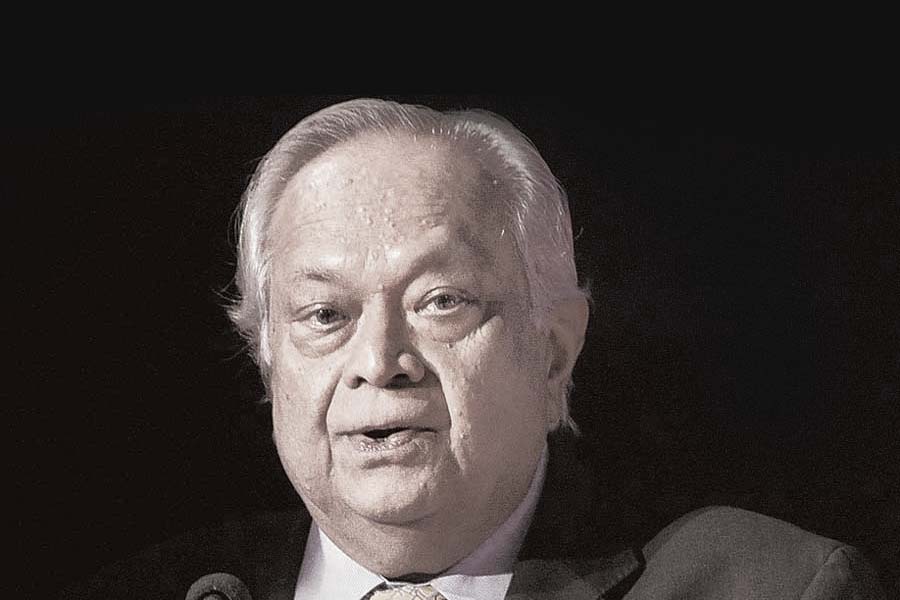The University of Surrey's IT Services has announced that it is shutting down the web server that lets users put stuff in their own ~/public_html directory to be served directly on the internet. I received an email a while ago to tell met that this was happening, as they could see that I was making use of it. It is not going to cause me any great problems since my personally-run work webpage moved to github a little while ago (though I don't really understand how to use it properly).
The other page that I have is the Clebsch-o-Matic, which is an old java-based quantum angular momentum coupling calculator that I wrote when I was supposed to be dong my PhD, but had no idea what I was supposed to be doing, and so decided to learn Java, as it was the computer language du jour (I also learned some Perl at the same time, which was then very popular). I wrote what were then called Java applets which were computer programs which could be embedded into web pages, to be run in a Java virtual machine on the user's computer, within the web browser. Through a combination of various factors to do with computer security, fashion, the demise of Sun Microsystems and the purchase of their technologies including Java by Oracle, Java applets no longer work in modern browsers, so my online calculator probably works for no-one currently living in 2023. It'll be a shame for the page to disappear, but there is no real point me migrating it unless and until I re-write the calculator in whatever language one can use these days.
It's probably of historical interest to no-one, but before I completely forget it, I could mention that I had actually written an earlier version of the calculator in bc, the standard Unix calculator tool, that I still use on an almost daily basis on the command line on my Mac to do quick sums. It is also powerful enough to write programs, and has the benefit that it can deal with arbitrary precision integers, which is very useful for the calculation of these angular momentum coupling coefficients. The bc program was accessed via the CGI mechanism which first called a Perl script which did some munging of the CGI input to pass to the bc program. The bc program output some hand-coded html to format the result, and because of the way the CGI mechanism worked, the code was run on the web server, not the user's client. The CGI part of the Surrey web server was closed down in the distant past, but I think I had already written the java version by then.
Probably the only remaining thing that will be a very minor problem for me when the web server is shut down, is that I occasionaly put files there to share, or pictures that I use in places like this blog. Things in computing have changed a lot in the last 30 or so years (that being around the time I started doing things like writing web pages), and the days of allowing users to do things "directly" are fast becoming a distant memory.
At the time of writing, they haven't finally shut down the server, and I can still see the Clebsch-o-matic page, which looks like this:




